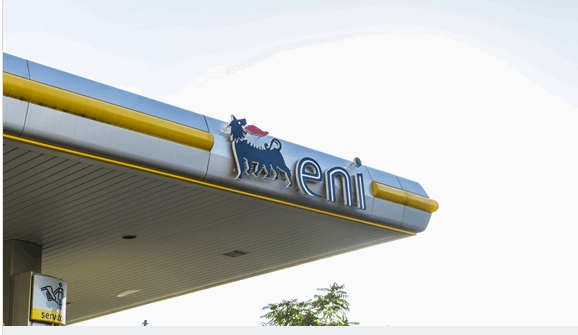
“The blocks CI-504, CI-526, CI-706 and CI-708 cover a total area of about 5,720 square kilometers with a water depth ranging between 1,000 and 3,500 meters; their proximity to the Calao discovery, made in Block CI-205, represents a strategic opportunity to create further synergies in the area”, Eni said in an online statement Thursday.
The new licenses, signed with the Ministry of Mines, Oil and Energy in Abidjan, allow exploration of up to nine years, Eni said.
Currently Eni has a production share of about 22,000 barrels of oil equivalent a day in the Ivory Coast, where it entered 2015, according to the company.
Eni added that the second phase of the Baleine field, which it declared September 1, 2021, as the Ivory Coast’s first commercial hydrocarbon discovery since 2001, is on track to start production by the end of 2024. The second phase will raise the field’s production to 60,000 barrels of oil per day (bopd) and 70 million cubic feet per day (MMcfpd) of associated gas. Phase 3, under study, is expected to further grow Baleine’s output to 150,000 bopd and 200 MMcfpd of associated gas.
Eni placed Baleine’s preliminary estimates at 1.5 to two billion barrels of oil in place and 1.8 trillion cubic feet (Tcf) to 2.4 Tcf of associated gas.
On March 7, 2024, Eni announced the Calao field discovery. With potential resources of one to 1.5 billion barrels of oil equivalent, it is the second-biggest hydrocarbon discovery in the country after Baleine, Eni said.
Eni operates six blocks in the Ivorian deepwater, with the Ivory Coast’s state-owned Petroci Holding as partner. Block CI-101 holds Baleine, while Calao is part of block CI-205. The other four blocks are CI-401, CI-501, CI-801 and CI-802.
Also on Thursday Eni announced a 20-year forestation agreement with the Ivory Coast’s Water and Forests Ministry, which will help offset emissions from Baleine.
“The initiative, which follows the feasibility study launched in September 2022 with the participation of local stakeholders, will cover 14 forests, identified in close cooperation with the competent authorities, over an area of 155,000 hectares, in the Lagunes and Comoé regions, located respectively in the south and south-east of the country”, Eni said in a separate press release.
The initiative “aims to conserve the remaining existing forest heritage and biodiversity by strengthening the control measures already in place to prevent the risk of deforestation, fires and poaching, and it is based on an extensive awareness-raising and training program involving local communities and relevant institutions”, Eni said.
It also “foresees the restoration of some 130,000 hectares of forest area through the planting of some 12 million trees of local species in abandoned and degraded areas, accompanied by agro-forestry initiatives to promote more sustainable farming practices and improve the productivity of cultivated land for the benefit of local farming communities”, Eni added.